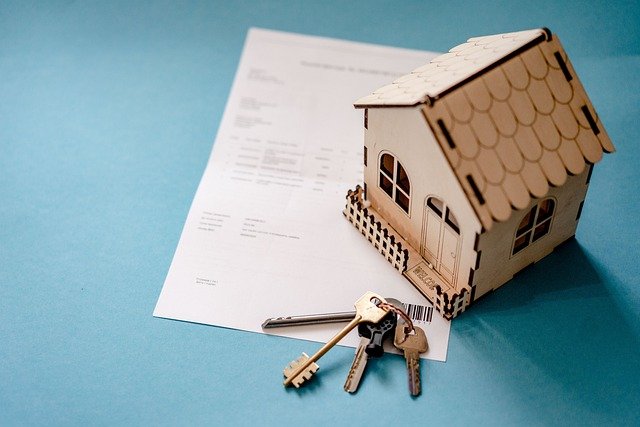Decoding the Impact of Low Interest Rates on Real Estate Investment
Introduction: In the volatile world of financial markets, interest rates hold a prominent position. These seemingly simple numbers can significantly influence the real estate market, affecting everything from property prices to investment strategies. But how exactly do low interest rates impact real estate investment? Let's delve deep into this intriguing dynamic.

How Interest Rates Affect the Real Estate Market
Interest rates play an essential role in the real estate market. They are the cost of borrowing money and, consequently, directly affect mortgage rates. When interest rates are low, borrowing becomes cheaper, which can increase demand for real estate, pushing up property prices. Conversely, high interest rates make borrowing more expensive, which can decrease demand for real estate, leading to lower property prices.
The Double-Edged Sword of Low Interest Rates
Low interest rates can be a double-edged sword for real estate investors. On one hand, they make borrowing cheaper, which can lead to higher property prices due to increased demand. This is good news for investors who already own properties, as they can sell them at a profit. On the other hand, low interest rates can also inflate property prices, making it more difficult for investors to find profitable deals.
Potential Opportunities in a Low Interest Rate Environment
Despite the challenges, there are potential opportunities for real estate investors in a low-interest-rate environment. For instance, investors can take advantage of cheap borrowing costs to finance their property purchases. Moreover, low interest rates can lead to higher rental yields, as people who can’t afford to buy may choose to rent instead.
The Risks and Challenges
While low interest rates can present opportunities, they also come with risks and challenges. For one, they can lead to a property price bubble, where prices rise too high and too fast, only to crash later. Additionally, low interest rates can encourage overborrowing, leading to higher levels of debt. Investors must carefully consider these factors when making investment decisions.
Preparing for a Low Interest Rate Environment
In a low-interest-rate environment, real estate investors need to be strategic. They need to carefully assess property prices to avoid overpaying, consider their borrowing levels to avoid over-indebtedness, and keep an eye on market trends to spot potential opportunities and risks. By doing so, they can maximize their returns and minimize their risks.
In conclusion, low interest rates can significantly impact the real estate market, influencing property prices, investment strategies, and more. While they can present both opportunities and challenges, savvy investors who understand these dynamics can navigate the market successfully.




